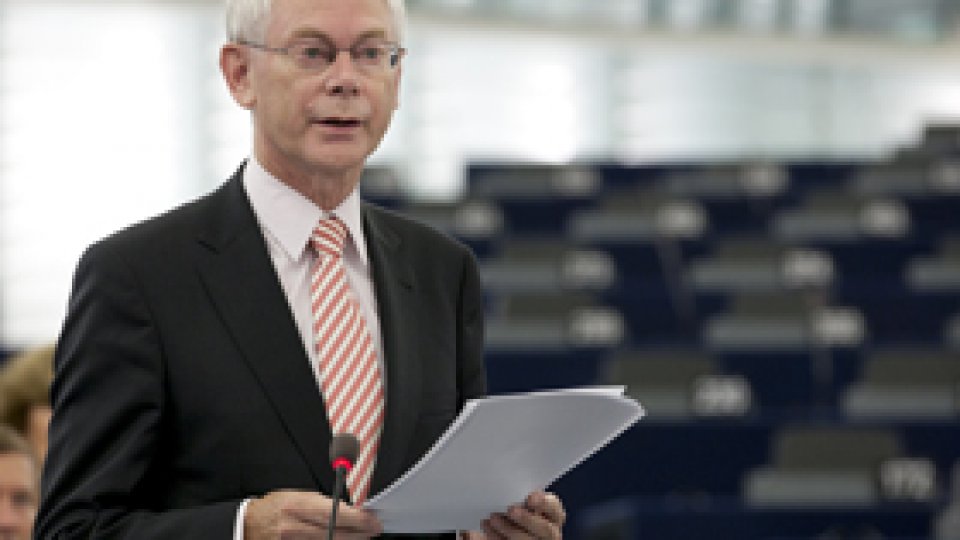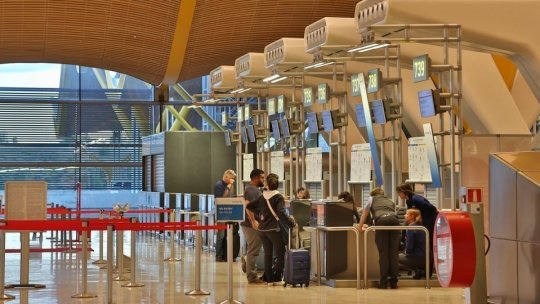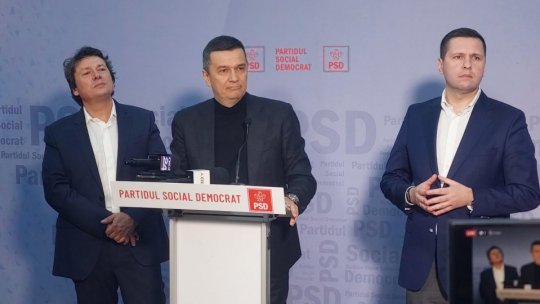The Lisbon Treaty and the European Construction
Still affected by the economic crisis, the European Union is again proving its flexibility and ability to reinvent itself.

21 Decembrie 2010, 16:41
On Thursday in Brussels, the heads of state and government of the 27 European Union member states approved a modification to the Lisbon Treaty which was adopted a year ago and which organises the functioning of the Union.
The amendment allows the creation of a permanent support mechanism to which any euro zone country finding itself in financial difficulty can resort in an emergency situation.
Based on the model of the temporary mechanism under which a rescue package was granted in the last few months to Greece and Ireland, this assistance fund will become operational as of 2013 and will amount to 750 billion euros.
The president of the EU Council Herman van Rompuy said this new mechanism aimed to support the euro currency is the expression of European Union solidarity: “Our determination is clear. The heads of state and government of the Eurozone stand ready to do whatever is required to ensure the stability of the Eurozone as a whole. The political will of all member states and institutions to do what needs to be done, is thus beyond doubt.”
This view is shared by the president of the European Commission, Jose Manuel Durao Barroso, who believes Thursday was an important day for Europe: "Everyone around the table showed determination to do what it takes to protect the euro.”
According to political commentators, the European leaders are aware that any sign of weakness or lack of unity would have been speculated on the financial markets, which could have had unpredictable consequences for the entire eurozone.
Economic experts, on the other hand, warn that the aid provided to states in difficulty will entail strict conditions, most likely translated as new austerity measures. They also say that the importance of the reports drafted by the International Monetary Fund, known as a severe assessor, with regard to the economic policies of the European governments, will grow.
The managing director of the Fund, Dominique Strauss-Kahn, recently said that Europe’s recovery from the crisis was not irreversible and that austerity would remain the key word for a long time still.
He also admitted, however, that he understood the anger of the people affected by the restrictions recommended by the Fund and that if he had been a Greek citizen, for example, he would perhaps have also taken to the streets to protest anti-crisis measures. His conclusion is that there is no other option available, because decades of bad management must now be corrected in only a few years.














